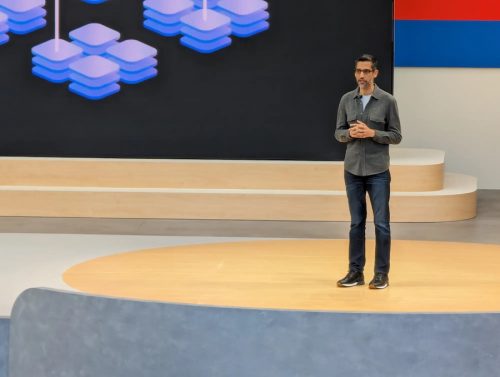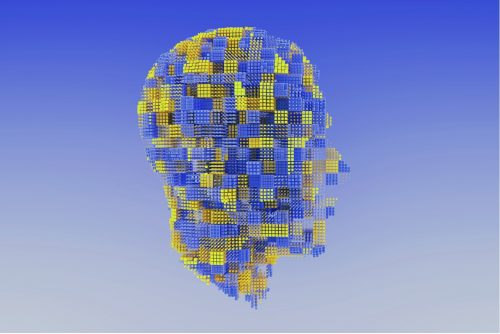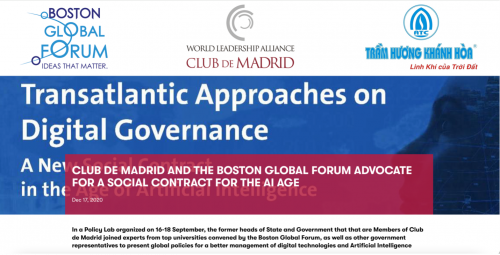An analysis on the future of AI by Margaret Boden, research professor of cognitive science at University of Sussex, was published by AEON. The article contrasts humans with computers and AI, and discusses a possibility: Will AI take over the world?

AI has been developing at an extremely fast pace, and some think it might one day gain control over humans.
“But this wasn’t real anxiety: the computer couldn’t care less,” said Prof. Margaret Boden. According to her, there are human attributes machines will never be able to acquire.
Living creatures seek out resources to maintain their existence, and have mechanisms to meet general survival needs such as food, shelter, warmth, sleep, etc., through to specific neurotransmitters and hormones. Humans are also capable of complex thoughts, including planning, reflection, and goal pursuit.
A machine’s goals, on the other hand, are generated by humans. Priorities and values aren’t things AI understand, as these entities don’t feel emotions like satisfaction. The overuse of AI might result in the dehumanization spreading into the society.
Prof. David Silbersweig—Chairman of Department of Psychiatry and Co-Director of Institute for the Neurosciences, Brigham and Women’s Hospital, member of Board of Directors of Boston Global Forum (BGF) and AI Director of Michael Dukakis Institute for Leadership and Innovation (MDI)—has a different opinion.

Prof. David Silbersweig
“The author makes excellent points about human drives and needs, and contrasts them with computers and AI, which have programmed or eventually even auto-developed goals, but not such emotions and motivations. But the author claims that computers/AI can never have such attributes. However, if one considers the biological and functional mechanisms underlying subjective experience, as well as emergent properties of complex systems, it may be possible that non-human entities could have a meaningful version of subjectivity (though how one would verify it remains an issue).”, said Prof. Silbersweig.










